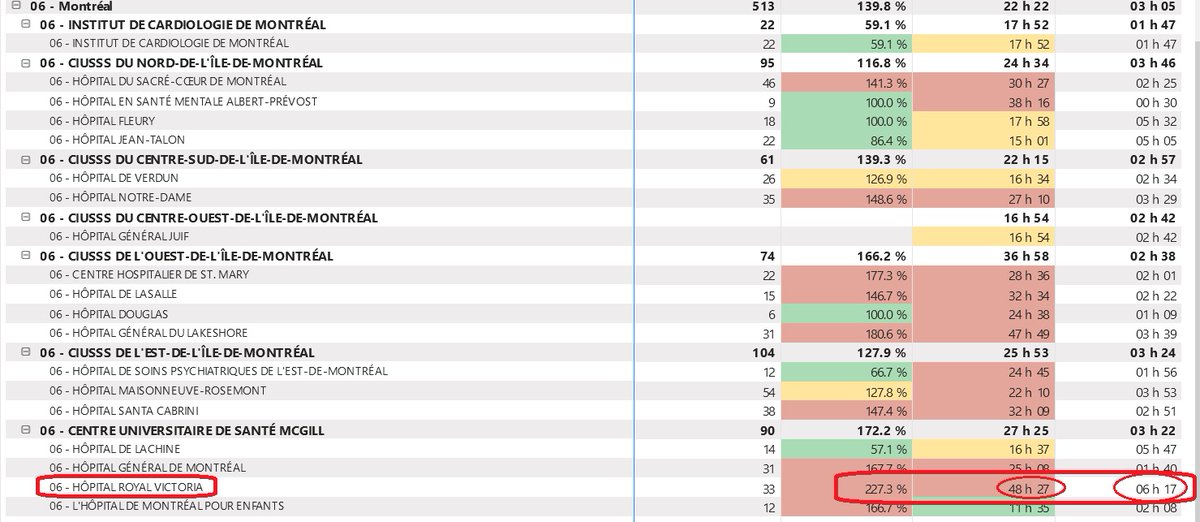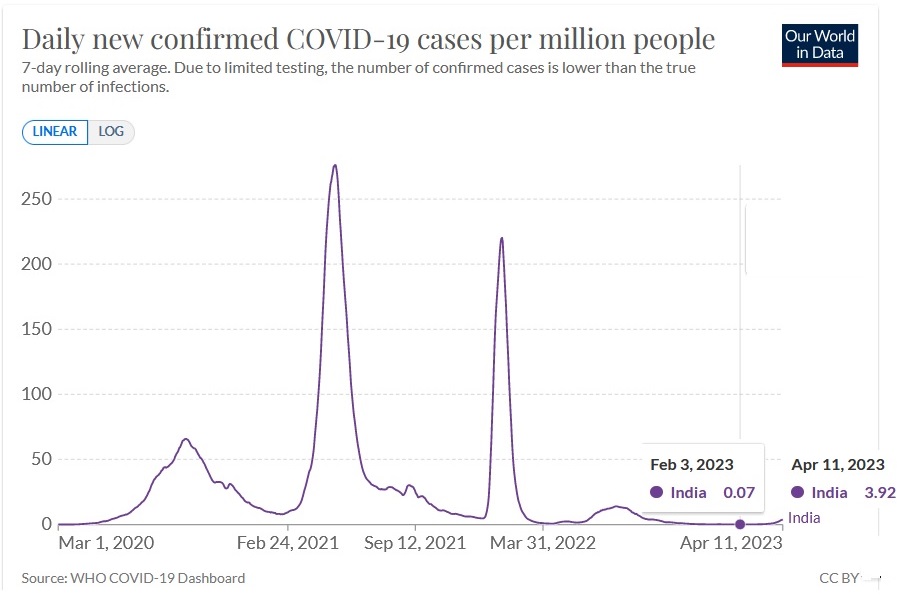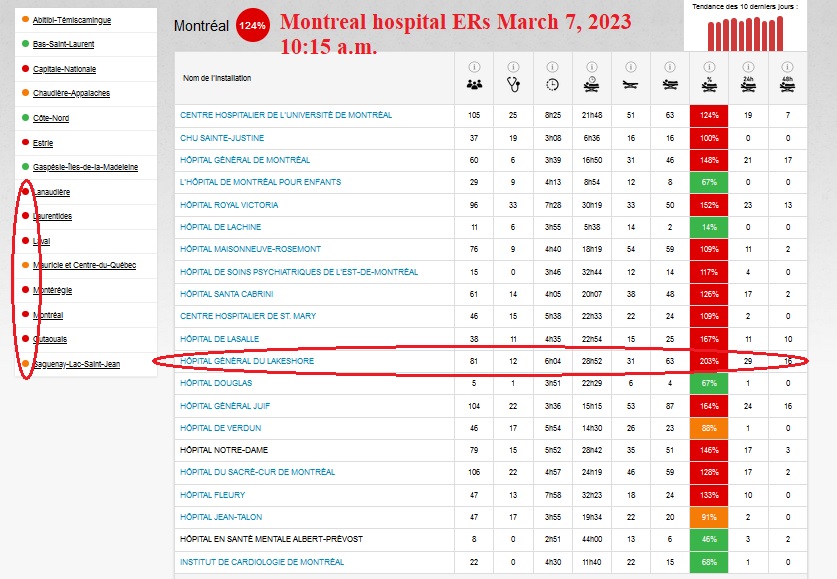1) Breaking: A year-over-year comparison of overcrowding in Montreal's hospital emergency rooms continues to show the situation is worsening. A year ago on this date, all the city's ERs were filled to 119% capacity. Today, the percentage has surged to 144. 

2) A year ago on this date, no Montreal ER was overcrowded above 200%. Today, the Royal Victoria Hospital's occupancy rate is a staggering 242%; its average ER stay on a stretcher is 48 hours and 27 minutes. Both stats are the highest by far in the metropolis. 

3) Close behind, the Jewish General's ER is at 225% occupancy and the Montreal General's is at 213%. At the Lakeshore General, the average ER stay is nearly 48 hours. As I wrote recently, lengthy ER stays are associated with a higher mortality rate.
montrealgazette.com/news/local-new…
montrealgazette.com/news/local-new…
4) It bears repeating this unprecedented ER overcrowding in Montreal is occurring despite the fact Health Minister Christian Dubé set up a "cellule de crise" nearly six months ago to try to fix the problem. Of late, however, Dubé is focusing his energies on creating Santé Québec.
5) I'm reporting these publicly available stats even though I'm booked off work this week, because I strongly believe this issue needs to be kept alive, and is in the public interest. End of mini thread.
montrealgazette.com/news/local-new…
montrealgazette.com/news/local-new…
6) ADDENDUM 1: The public chart below shows at the Royal Vic ER Wednesday, it took an average of 6 hours and 17 minutes to be seen by a doctor after triage. Canadian guidelines recommend the least urgent ER patient wait no longer than 2 hours to be seen by a doctor after triage. 

7) ADDENDUM 2: What this suggests is that some patients will likely leave the Royal Vic ER in frustration without every being examined by a doctor — a known, feared phenomenon in emergency medicine, and a risky situation for some individuals.
8) ADDENDUM 3: The chart below, also publicly available, shows the steady rise in Quebec's ER stretcher occupancy rate on the most recent date available, April 17, compared with the corresponding dates in the previous four years. Since the #pandemic started, the trend is up. 

9) ADDENDUM 4: And as I've already reported in the Montreal Gazette, these ER numbers are going up as ER staffing goes down. At St. Mary's Hospital, the ER staff now say a prayer before each shift treating patients who are not only older but sicker.
montrealgazette.com/news/local-new…
montrealgazette.com/news/local-new…
• • •
Missing some Tweet in this thread? You can try to
force a refresh

 Read on Twitter
Read on Twitter








